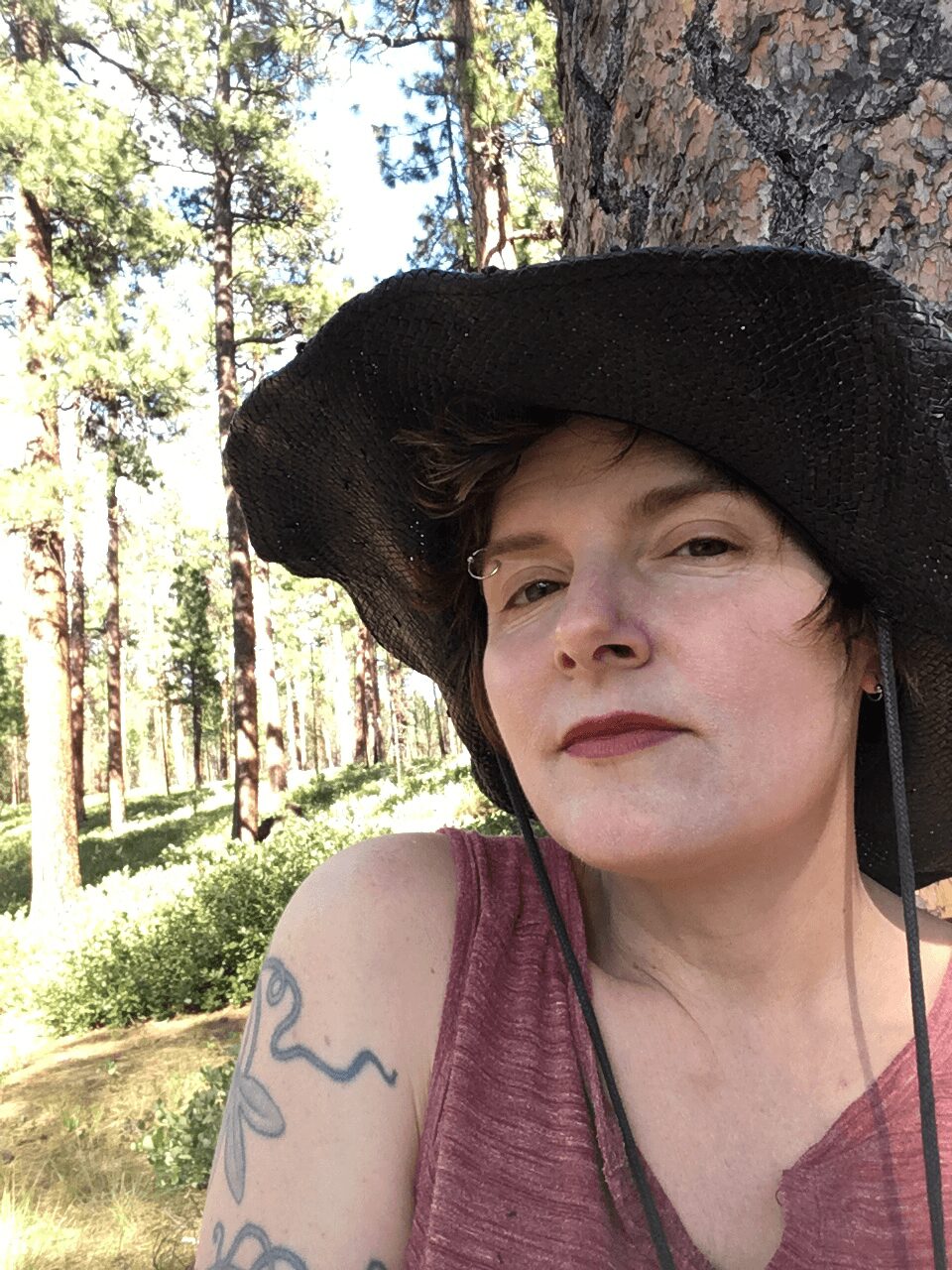We’re excited to introduce you to the always interesting and insightful Tiffany Lee Brown. We hope you’ll enjoy our conversation with Tiffany Lee below.
Hi Tiffany Lee, thanks for joining us today. Can you open up about a risk you’ve taken – what it was like taking that risk, why you took the risk and how it turned out?
It’s all risk: your work, your art, your life. The fact that you got out of bed this morning, if you were fortunate enough to do that. When you give birth to or help raise a child. Deciding to do something you love. Devotion to craft, art, community, activism, or just plain hustle: all risk.
What about that moment you decide, “My self-worth is not determined by how many hearts I got on Instagram today.” Is that a risk you can take? How about deleting all your social accounts?
For my birthday in 2018, that was my gift to myself: deleting all social. I was inspired by Jaron Lanier’s rather hilariously titled book, ‘Ten Arguments for Deleting Your Social Media Accounts Right Now.’
I had already been writing newspaper and magazine articles about culture and technology, doing research, understanding how technologies including social media and video games were affecting our mental health, political life, communities, and especially, our kids.
As an arts and media worker—journalist with a newspaper column, poet, Tarot reader, witch, astrologer, you name it—I was expected to use social. In fact, I liked social. I’ve been a member of an online community called The Well (well.com) since before “social media” existed. Facebook was in fact so interesting for me that I got addicted, rabbit-holed, and eventually weirded out by it.
I knew the social media problem wasn’t just for the newly anxious, depressed, and suicidal teens I was reading about in my research. I knew the social media problem extended to *me* — and to some of my branding/marketing/writing clients. We were wasting so much time and self-expression on social.
Many people thought I was bonkers to delete my accounts. Given my work area, wasn’t I required to do this? No, actually. That’s what the platforms want us to think. It’s important to recognize that they don’t really care about us as individual creators, creatives, writers, artists, musicians, witches, or designers.
They want us to feel kinda good, get a few likes, get hooked scrolling, and *create content to make their revenue model work.* We are creating free content for these bloodsuckers—not to make the world a better place, and for most creatives, not so that we can make zillions as significant influencers. The vampires like feeding off us. Look at their market cap, their IPOs. Then look at your own. Who’s getting rich off the social media platforms? Is it really you, yourself?
For me, it was just time to get out of there. I needed my time back, my time and mental space. The urge to log in dissipated surprisingly fast. I’ve heard the same thing from youth I’ve interviewed, youth who have joined outdoor programs that required leaving their phones at home. They were like, “Whoa, after an hour or so I stopped grabbing my back pocket for my phone, and we had such a great time without our phones.”
Was my work affected? Nope. I continued getting my usual flow of agency clients, many in collaboration with the firm Plazm (plazm.com). Local publication and marketing gigs rolled in. I got an artist’s grant and a writer’s grant.
When the pandemic began, I started a podcast called Burning Tarot and invited some people to listen. I walked us through the forest, sharing the woods where I live with people stuck in apartments in cities during lockdowns, listening to birds, pulling Tarot cards. I was tempted to become yet another Instagram Witch, and decided the world just didn’t need one of those. All my content resides on tiffanyleebrown.com, although the podcasts themselves are broadcast out through many distributors, platforms, etc.
The Burning Tarot podcast continues today. We are still an intimate group, though some episodes get picked up and bring in 10,000+ listeners. Mostly it’s a small group, and I’m happy with that.
Tarot and astrology clients come to me in ways that feel organic, natural, synchronistic. The universe is bringing us together—not Instagram.
I rejoined Facebook and LinkedIn last year, hoping to reconnect with college friends and folks from the literary, music, and arts scenes I used to be heavily involved in, back in Portland (where I no longer live). It’s been interesting and nice in some ways, but I’ve just taken a month-long break. I understand the risks involved with stepping back from social media or cutting it out altogether. Regaining my own time and headspace is totally worth it.
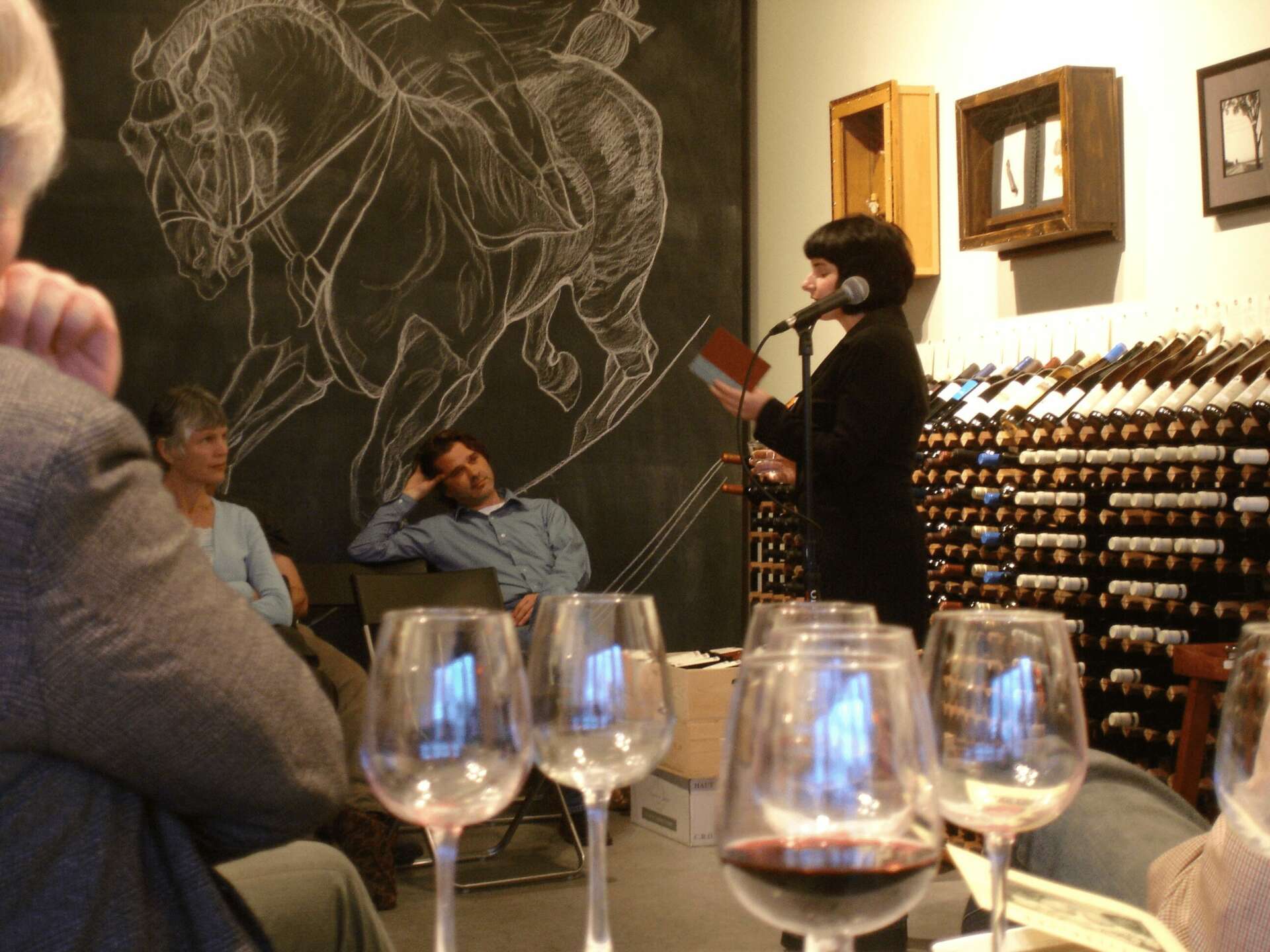
Great, appreciate you sharing that with us. Before we ask you to share more of your insights, can you take a moment to introduce yourself and how you got to where you are today to our readers.
Tiffany Lee Brown, a.k.a. T (she/they), is a neurodivergent writer, artist, Tarot reader, and astrologer from the woods of Oregon. Author of a book of prose-poetry, A Compendium of Miniatures, they are the creator of the Burning Tarot podcast and Tarot decks.
Their writing has appeared in Bookforum, Oregon Humanities, Wired, Tin House, Bust, Portland Monthly, and the Utne Reader, along with various books, journals, and anthologies. Their commercial clients range from corporate giants like Nike, NBC-Universal, and Samsung to nonprofits like PNCA, Sarah Bellum’s Bakery, and Sisters Farmers Market. They acted as Senior Writer for the Organic agency’s NYC offices, and currently consult for PLAZM as Editorial Director.
T has performed or shown installation works at Portland Center Stage, Performance Works NW, Reed College, PICA, Wordstock/Portland Literary Festival, Enteractive Language Festival, and Portland Rose Festival, among others. They particularly enjoy spearheading acts of curatorial mayhem and ritual, such as Exquisite Language, Ghost Writer, and Drowning Rat. They produced Tea & Poetry in Central Oregon and collaborate on Solstice and Equinox gatherings in the area.
An editor of Plazm magazine—a Portland publication of arts, design, and politics founded in 1991—T was formerly an editor at the small magazines Anodyne, 2GQ, Signum Press, and Fringe Ware Review. T’s writing has appeared in Tin House, Oregon Humanities, Bookforum, Utne, Bust, Wired, Portland Monthly, Cascade Business News, Business Traveler, The Feminist Review, Bend Bulletin, Bay Guardian, Willamette Week, The Organ, Blotter, The Rocket, and other publications.
T was one of six Northwest poets selected for The Human Growth Experiment (Water Line Press, 2005). Their short fiction and poetry appear in journals and anthologies including The Central Oregon Book Project, The Opiate, Gargoyle, the Northwest Edge collections, Scoundrel Time, Literary Cash: Writers Pay Tribute to the Late Johnny Cash, and The Bust Guide to the New Girl Order, among others.
Involved in early Internet community and content projects, T has blogged for Syfy.com and BoingBoing.net. T was creative director for the Senegal-based Joko Project and writer/editor of the musician Sting’s first website. They are a host at The Well, where they also worked in tech support in the early 1990s.
T and their projects have won grants from Deschutes Cultural Coalition, Oregon Cultural Trust, PEN America, Performance Works NW, the City of Portland, Oregon Community Foundation, and RACC, the Regional Art and Culture Council. T won the ArtEx Award and the University of California at Berkeley’s Award for Distinguished Theatrical Talent.
Residencies at Soapstone, Caldera, and Hypatia have supported T’s work with the gifts of time and nature.
Where the high desert meets the eastern slopes of the Cascade Mountains, T writes the column “In the Pines” and reports on community happenings for The Nugget Newspaper.
Learn more at tiffanyleebrown.com.
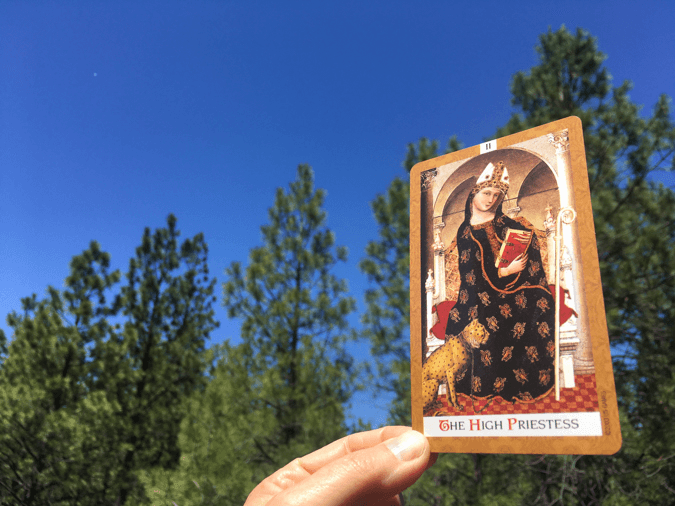
We’d love to hear your thoughts on NFTs. (Note: this is for education/entertainment purposes only, readers should not construe this as advice)
NFTs = tulips.
If you need to look it up, look it up.
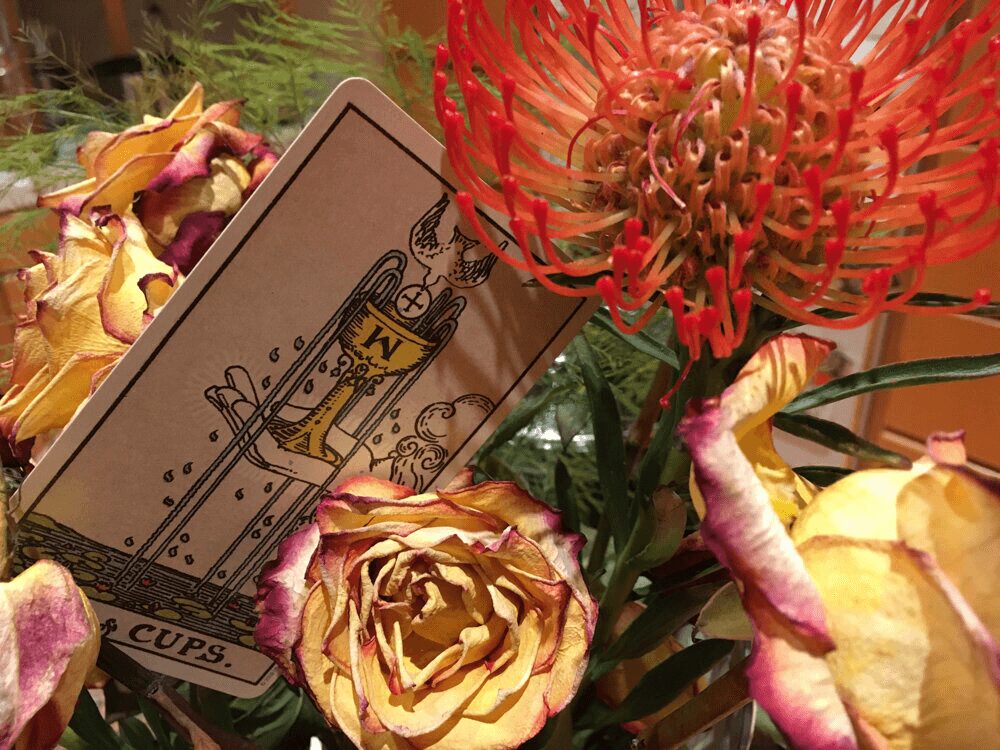
What do you find most rewarding about being a creative?
It is undeniably rad to work in the realm of creativity, connecting with other humans, with nature, and the universe — spirit, god, Woo, universe, whatever you want to call it. The act is its own reward. If you happen to get paid occasionally, so much the better.
Contact Info:
- Website: https://tiffanyleebrown.com
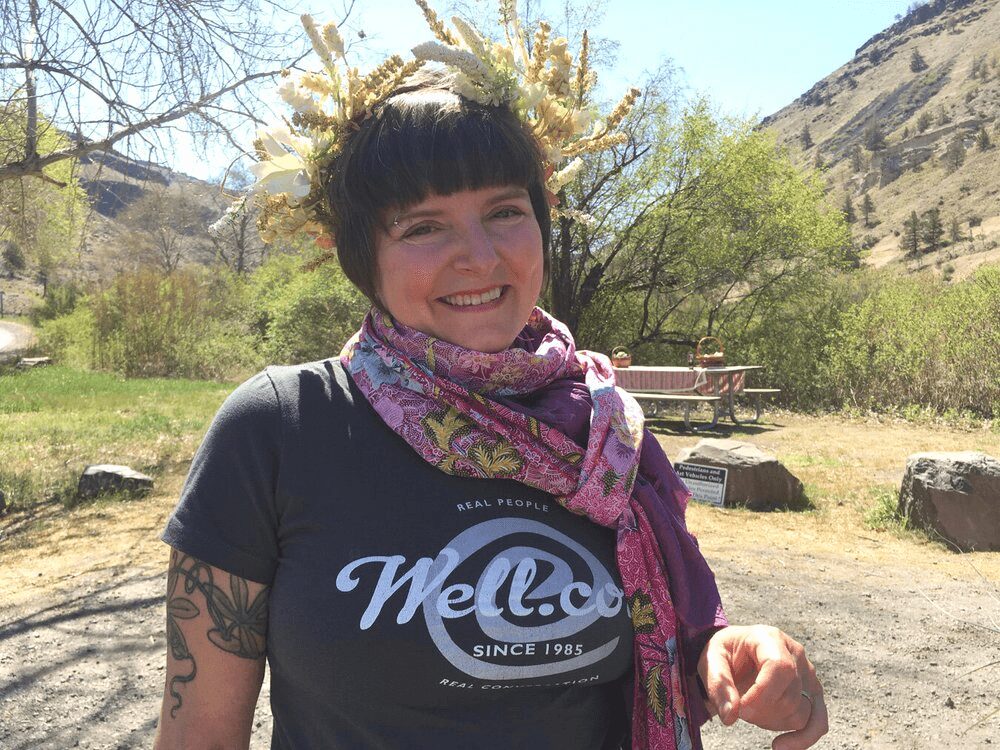
Image Credits
T Lee Brown


